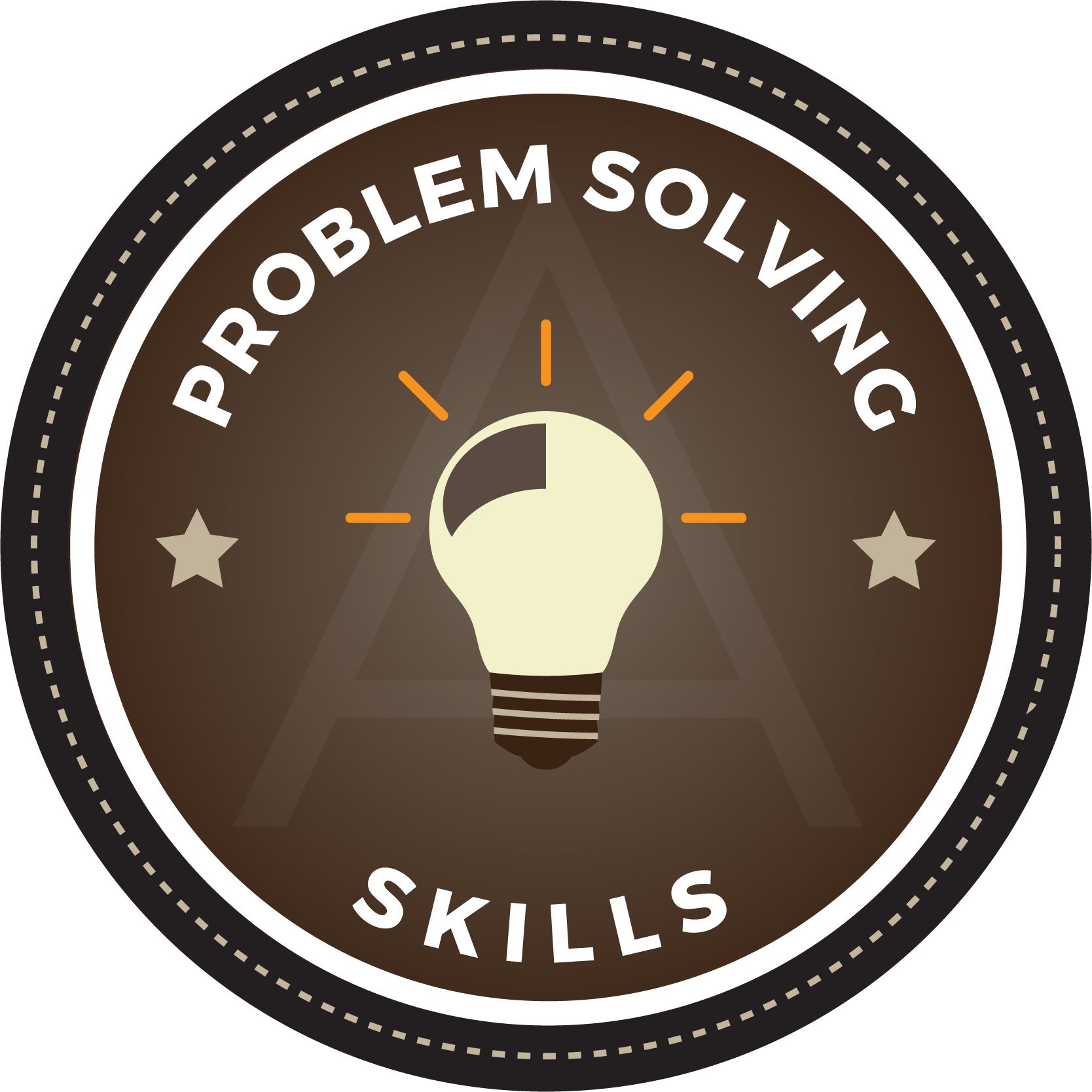How to Demonstrate Problem Solving Skills on Casper®

About Problem Solving
CASPer tests for "Problem-Solving" because the ability to think critically, assess complex situations, and make thoughtful decisions under pressure is crucial across all professional domains. Whether diagnosing a patient, designing a solution with limited resources, or navigating interpersonal conflict, professionals constantly face problems that require logical, ethical, and often creative responses.
Problem-solving skills demonstrate how well an applicant can prioritize actions, consider multiple perspectives, and anticipate consequences. CASPer scenarios are designed to reveal whether a person can stay calm, think methodically, and adapt when faced with uncertainty or competing demands.
By evaluating this competency, CASPer helps admissions teams identify candidates who not only recognize challenges, but who also approach them with clarity, resourcefulness, and professionalism—traits that directly impact real-world success and safety.
Problem Solving as a Skill: What Does That Really Mean?
To stand out as an exceptional problem solver, you need to be cognizant of important strategies to understand problems, to simplify problems, to determine the cause of problems, to utilize external aids effectively and/or to choose between multiple solutions.
It is fairly obvious how problem-solving skills are relevant on the job (e.g. healthcare). Consider how important it is for career-readiness by reading these examples below.
To understand a problem, you can try changing your perspective (e.g. if you can't figure out why a patient is failing to take their acid-blocking medication for stomach ulcers, put yourself in the patient's situation and think about their life and routine from their perspective). If the problem is abstract, think of a specific example of the problem (e.g. if you want to discover why people develop stomach ulcers, study one person with stomach ulcers).
To simplify a problem, you should identify what information is important and which just distracts and wastes time-ignore that distracting information. You can also try to solve one problem at a time (e.g. in a patient with stomach ulcers, seizures and kidney failure, focus on solving each medical issue before approaching them all together).
To determine the cause of a problem, collect information on what happens before, during, and after the problem. You can also compare situations with and without the problem-this can highlight the differences that cause the problem. It can be useful to use external aids such as technology or consulting with an expert to help find a solution if you're stuck, as well as question your assumptions about the problem itself.
To choose between multiple solutions, you should estimate the likely costs and benefits of each solution, and then you should collect information after you have implemented the solutions.
Problem Solving in a Professional Setting
Dr. Mann works with children who are too young to be able to describe their symptoms accurately and adolescents who are often too embarrassed to describe their symptoms accurately. Because she can't ask the same questions that other doctors can ask their adult patients, she considers herself somewhat of a detective. There are two cases that she is particularly proud of:
There was the time that she diagnosed G6PD Deficiency, a genetic blood disorder in a 10-year old boy whose family had recently immigrated from Somalia. The other physicians assumed that his shortness of breath was due to asthma, and stopped looking for alternate solutions. Dr. Mann decided that since the asthma medications were unhelpful, she should start from scratch. By questioning her assumptions, she was able to gather new information and make a rare diagnosis.
There was the time that a 17-year-old patient and his mother came to her office. He was experiencing headaches, but his family doctor couldn't figure out why. Drinking more water, sleeping more, reducing screen time or using regular painkillers weren't helpful. Dr. Mann was collecting information on what happens before, during and after his headaches, when she noticed that he was being vague in his responses.
Considering the situation from his perspective, she deduced that the 17-year-old might have information that he was embarrassed to share in front of his mother. She questioned him again with his mother absent, and learned that these headaches happened during intercourse with his girlfriend. Dr. Mann diagnosed him with coital cephalgia, and after counseling him on safe sexual practices, she was able to solve his problem by prescribing him a small dose of a common blood pressure medication.
***
An expert problem-solver will flexibly utilize a variety of strategies to find a solution. Because of her patient population, Dr. Mann had to be an expert problem solver for her patients. Even when healthcare professionals work with adults, robust problem-solving skills are essential.
Given this example, you can understand why medical schools and other health professions programs find it a necessity to choose applicants with strong problem solving skills.
So How Does Casper Evaluate You on this Skill?
Casper poses common scenarios and reflective questions aimed to determine if you possess the People Skills that you will eventually require to be a successful professional. Start Practicing
Are you READY for Casper?
We prepare candidates for Casper with practice questions, strategies to improve critical thinking skills, scoring on our simulated tests, and one-on-one coaching sessions to maximize performance on Casper. Let's get you ready!
Simulated Casper Tests
Challenge your Casper skills with 4 difficult Simulated Casper Tests (Levels 1-4). Start at Level 1 and increase the level of difficulty!
Starting at $27 Go to Simulated TestsSimulated Prep Courses
Learn strategies for answering difficult Casper questions and convert beginner to advanced answers.
Bundles with Coaching
Fast-track your skills with our bundles (simulations and courses with scoring and coaching add-ons) to identify weak areas.
Starting at $197 Go to our Bundles